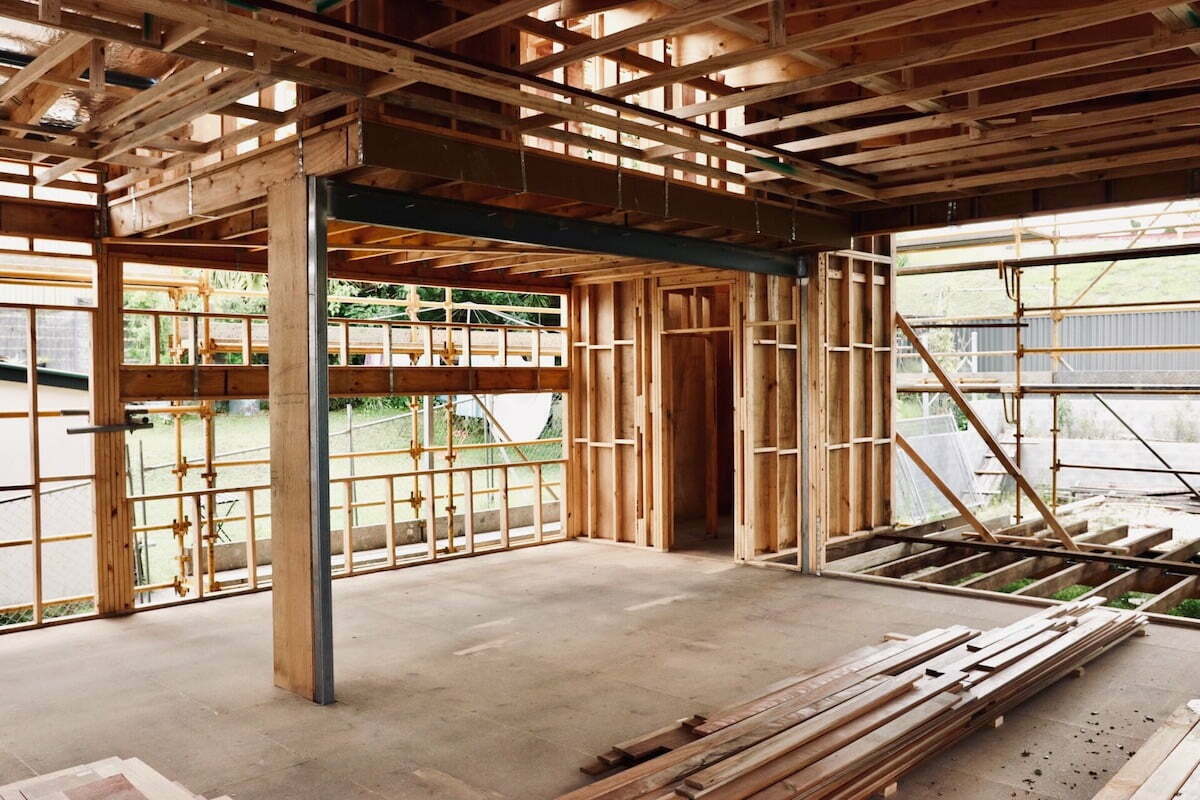Embarking on a woodworking or construction project involves a careful selection process when it comes to hardwood suppliers. This buyer's guide provides essential insights and considerations for individuals and businesses seeking the right hardwood supplier to ensure the success of their projects.
1. Project-Specific Needs
Every project has unique requirements, and the first step in choosing a hardwood supplier is understanding the specific needs of the project. Whether it's flooring, cabinetry, furniture, or construction, identifying the intended application helps in selecting the right wood supplier, grades, and finishes offered by the supplier.

2. Reputation and Reliability
A hardwood supplier's reputation and reliability are paramount. Researching the supplier's track record, reading customer reviews, and seeking references provide insights into their professionalism, product quality, and customer service. A reliable supplier ensures that materials are delivered on time and meet the expected standards.
3. Diverse Hardwood Inventory
A well-rounded hardwood supplier should offer a diverse inventory that caters to various tastes and project requirements. The availability of different wood species, grades, and sizes ensures that buyers have ample choices to match their preferences and specifications. The diversity of the inventory speaks to the supplier's commitment to meeting the varied needs of customers.
4. Quality Assurance and Certifications
Quality assurance is a critical aspect of choosing a hardwood supplier. Inquire about the supplier's adherence to recognized grading systems and certifications. Certifications like FSC or PEFC indicate a commitment to responsible and sustainable forestry practices. A supplier with a clear quality assurance process ensures that buyers receive hardwoods of consistent quality.
5. Customization Services
Buyers with specific project requirements benefit from hardwood suppliers offering customization services. Whether it's custom milling, finishes, or dimensions, a supplier's ability to tailor hardwoods to meet unique project needs enhances the versatility and suitability of the materials for various applications.
In conclusion, the art of choosing the right hardwood supplier involves a meticulous evaluation of project needs, supplier reputation, inventory diversity, quality assurance, customization services, pricing transparency, sustainability practices, and customer support. By prioritizing these considerations, buyers can confidently select a hardwood supplier that aligns with their project goals and values.

